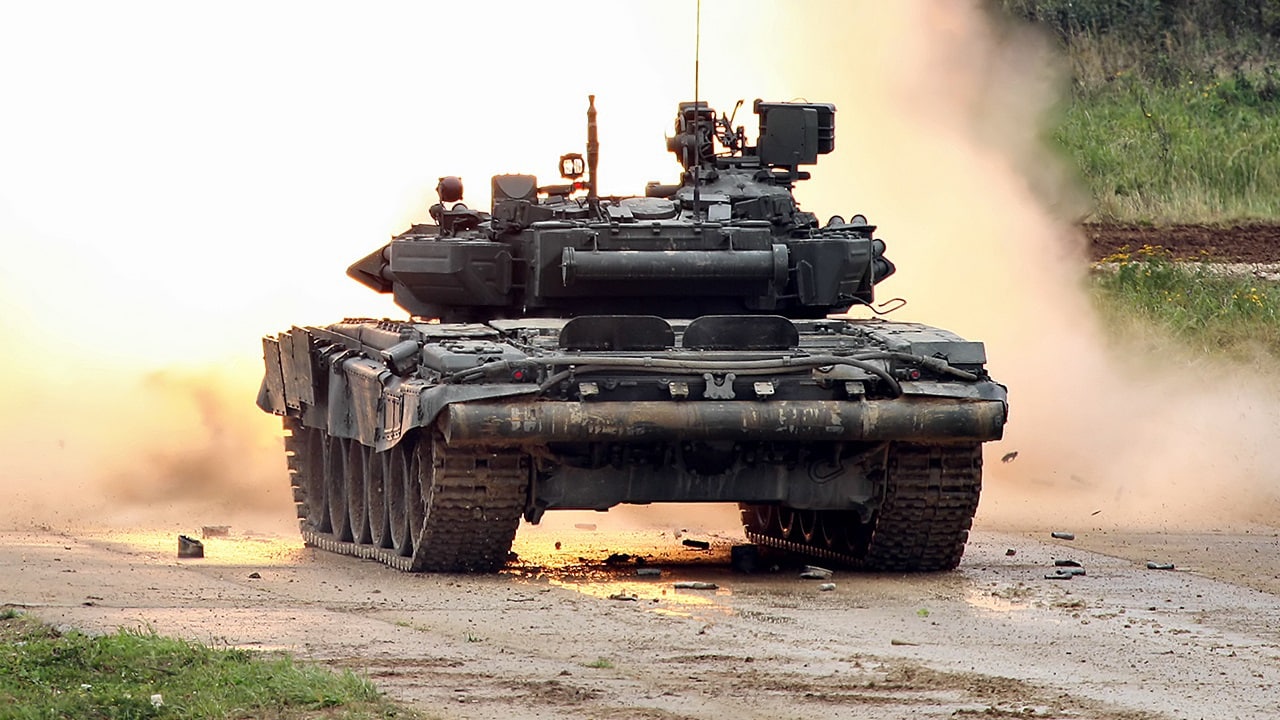Russian Re-Normalization with Putin in Charge is Likely Impossible after His War Crimes – At some point, the Ukraine war will end. Mark Milley, chairman of the US Joint Chiefs of Staff, has said the war will last years. Even if true, the war will conclude eventually. A part of the settlement will be the ‘re-normalization’ of Russia. This means rolling back the sanctions and permitting Russia to resume normal economic and diplomatic interaction with the sanctioning states.
After World War I, France famously inhibited Germany’s resumption of normal intercourse with the world via the Versailles Treaty. This is now widely seen as an enormous error. Versailles crippled the Weimar Republic and opened space for both rightist revanchist and Marxist revolutionary movements. In time, fascism destroyed a weak interwar German democracy.
A core challenge of any final settlement with Russia be the terms of its re-normalization. Russia is a large, nuclear-armed, consequential power with a permanent seat on the UN Security Council. Even if the war reduces it to middle power status, it will retain enormous potential to cause trouble. We are already seeing the difficulties of fully de-linking from the Russian economy. It owes debt payments to western institutions who do not wish to lose those monies; it supplies natural gas to Europe which has struggled to find alternatives; it, and Ukraine, are food exporters, and those prices look set to rise.
So permanently isolating Russia from the global economy – leaving the sanctions on it indefinitely, even after the war to punish and weaken (as France did in 1919) – is risky. It may reduce Russian national power – which is now, obviously, a threat to Russia’s neighbors – but a rolling, foreign-driven, semi-permanent economic collapse is precisely the kind of stimulus which will fire even more radical voices than current Russian President Vladimir Putin.
This was the situation a week ago. In mid-March, a peace treaty looked somewhat close. Everyone realized that Putin himself, despite his aggression, would stay in power and that to ask for his deposition would kill any chance for peace. This was the reason for the sharp response to US President Joseph Biden’s ad lib that Putin needed to leave power. Putin needed an ‘off-ramp’ to back out of the war without embarrassment. Demanding regime change – as Biden implicitly did – would put Putin’s back to the wall and encourage him to fight harder.
This week’s revelations of mass civilian killings in Bucha and elsewhere change this. Re-normalization will likely never happen with Putin in power. Global public opinion will increasingly demand that Putin himself leave the Russian presidency before all the sanctions are lifted. Without formally enunciating regime change, the massacres will make it effectively the sanctioners’ goal, out of sheer shock and horror.
Indeed, if more massacres are revealed – and Ukrainian President Volodymyr Zelensky has said we should expect more – the sanctions will likely worsen. The public pressure to demand Putin’s removal will be substantial. No Western leader, for example, will likely ever meet Putin again. And Putin will almost certainly never leave Russia again for fear of arrest, as former Chilean dictator Augusto Pinochet was arrested in 1998 in London.
Putin, of course, will not agree to go. Hence the sanctions will roll on indefinitely. Russian re-normalization will be blocked. The world will then conduct an experiment in sanctioning a large economy, far larger than typical targets like North Korea or Myanmar, for a lengthy period of time.
It is hard to avoid this conclusion – and the risks it entails – because the Russian violence is so horrific. For weeks, the Russian army has indiscriminately shelled civilian areas. The imagery of burned-out apartment blocks has been widely seen. And Putin’s military behaved similarly awfully in Chechnya and Syria. Putin was already widely loathed as casual violator of human rights and norms of targeting in war.
But the images of Bucha are akin to death squad activity. These are not random deaths from sloppy indirect fire. Nor are they individual illegal battlefield killings. Instead, they are the systematic killing of civilians. The most recent analogies we have for that are the competing Sunni and Shia militias in the worst phase of the Iraq War, or the anticommunist ‘White Hand’ militias in Central America in the 1980s.
These killings are methodical – suggesting they were planned – and explicitly targeted civilians. This is a war crime by almost any definition, and it looks to get worse. And there seems to be no purpose to it either. The killings do not help the Russian war effort, and the Russian military must have known they would be discovered. Indeed, the Russian army made almost no effort to clean up or hide the corpses. These are strictly revenge killings, and their scale is wide enough and systematic enough that they must have been approved of fairly high up the chain of command.
All this makes the re-normalization of Russia almost impossible with Putin in power. He is an imperialist, a war criminal, and, judging by his language and governance style, arguably a fascist. A resolution of the war and re-integration of Russia just got much harder.
Dr. Robert E. Kelly (@Robert_E_Kelly; website) is a professor of international relations in the Department of Political Science at Pusan National University. Dr. Kelly is a 1945 Contributing Editor as well.

